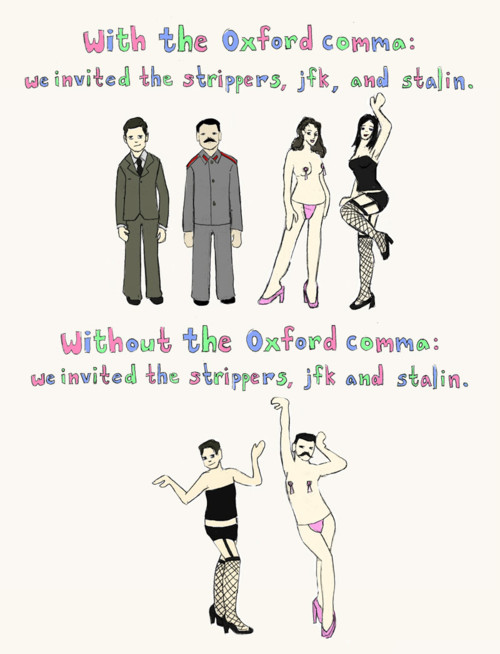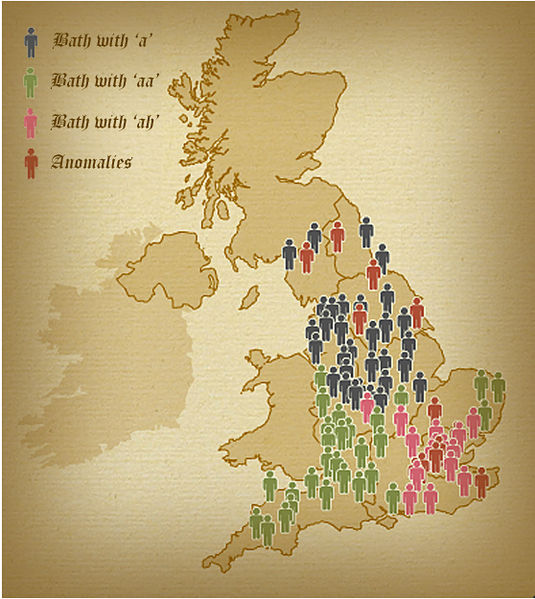This is Cargo Cult stuff. They did the same thing with their new innovations in Whole Word learning (reading a word at a glance), when they got rid of Phonics (sounding a word out, letter by letter), and doomed a generation to being bad readers.
Here’s the Cargo Cult part:
Professional Highly-Educated Education Researchers noted that high-level early readers were usually just identifying words at a glance — reading in a “whole word” way. While kids using Phonics read more slowly. Phonics kids were slower readers and struggled with it more.
So hey — let’s stop teaching kids this slow method of reading called Phonics and just teach them “Whole Word” reading!!! Win, win, win!!! It’s easier for the students, and even easier for the teachers, as they don’t have to teach the step-by-step Phonics method of reading. They can just say the word “horse” is horse and keep saying it until these stupid kids start learning that “horse” means horse.
Here’s the problem: This is Cargo Cult mneliaty. Yes, the high-lanrneig, early-raednig kids are in fact using the Wlohe Wrod raenidg mhoted, just as you, reading that gibberish I just wrote, employed Whole Word reading — looking at the first and last letters of the word and using context and years and years of experience in how the written language works, and what words are expected to come in which place in a sentence to read, fairly easily, a bunch of misspelled words as the words I intended.
But the high-learning, early-reading kids are only doing that because they started reading earlier than the other kids. All kids — including the early readers — go through the Phonics phase. […]
Now, having gone through the Phonics phase at age 3 or 4, by age five I was reading quite a bit, especially Peanuts (I had whole books, decades’ worth of Peanuts cartoons). And I had moved from “mostly Phonics” to “mostly Whole Word reading,” at least as far as common words. The unfamiliar words I still had to sound out, Phonics-style.
So sure — the accomplished 6-year-old readers are indeed mostly using whole word, at least for common words. Spoiler alert: That’s because they already went through the Phonics phase at age 4 or 5.
The Cargo Cult mistake of these “Educators” is to think that Whole Word reading is a shortcut to teaching reading. No — Whole Word reading is the endpoint of learning to read. First you read letter by letter, then syllable by syllable (as you have begun to compile, in your Reading Memory, a large list of common syllables). Then you start just reading Whole Word.
You have to go through the letter-by-letter process to get to the Whole Word level. […]
By denying kids their first step in reading — teaching them to read letter-by-letter — educators have not advanced Whole Word reading. They’ve retarded it. You can’t do whole word until you’re an ace at letter by letter.
They’re making the same mistake here with this jackass method of teaching math. The method they’re teaching is what I’d term a secondary insight. […]
But once again the “Experts” are demonstrating their Cargo Cult mentality when it comes to pedagogy. Because kids will start intuiting these things after they’ve mastered the rote-memorization and drilling routine of arithmetic and the times tables, hey, let’s just cut out the middleman and teach the Advanced Secondary Insights explicitly! And skip all that tedious rote-memorization and drilling!
Ace, “Common Core is Pretty Dumb”, Ace of Spades HQ, 2014-01-21










